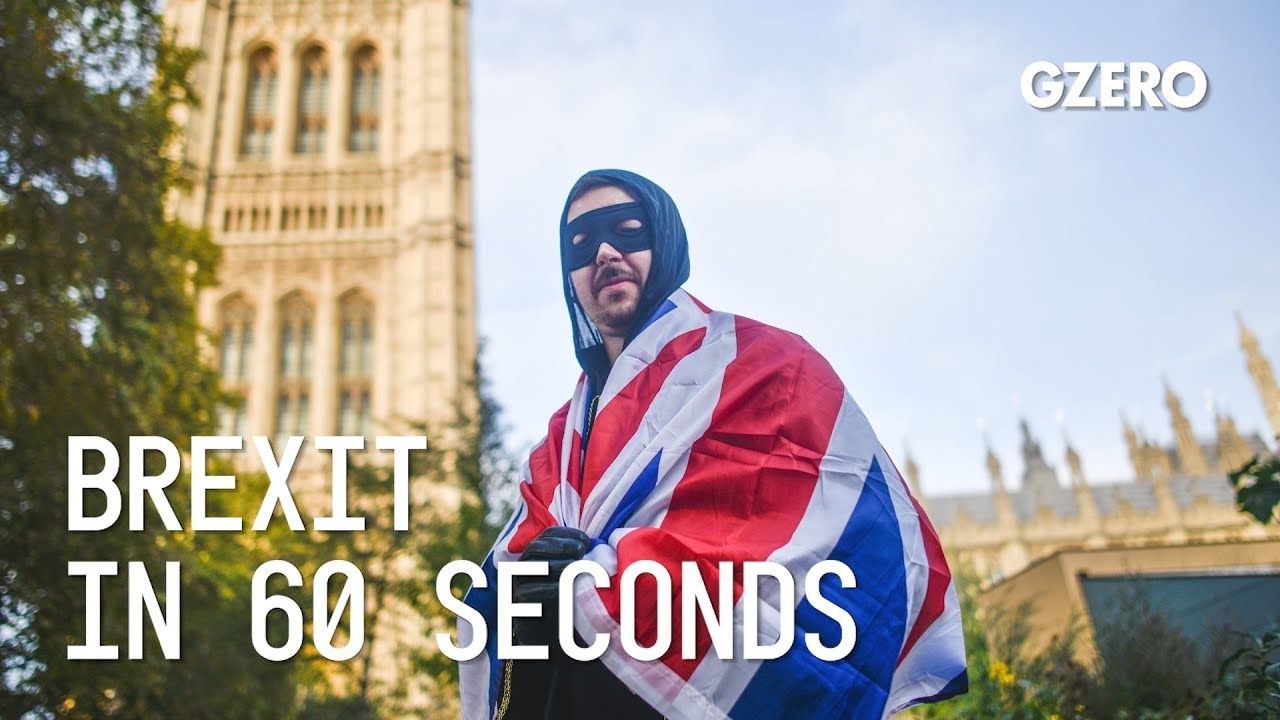In 60 Seconds
What will happen in the U.K. general election?

What will happen in the U.K. general election?

William Hague: What's my prediction for the outcome of the election?
Well, we know we can't predict elections, of course, from my last few years in Britain or America. And this election could be like the last British election where the Labor Party really close the gap in the last three weeks. We've got four weeks to go. But on the whole, I think it probably won't be like that. That's because people do want to now resolve the Brexit situation. Most people in the country do. I think the conservatives will run a much better campaign than last time and they have done so far. Jeremy Corbyn isn't the novelty that he was at the last election, and people have decided they don't like him. And the Brexit party has pulled out half its candidates and that helps the conservatives more than Labour. So, at this point, I would predict a small conservative majority. And that would mean Brexit happens, 31st of January, 2020.
David Miliband: A month out from the British general election, how do you predict the outcome?
I think there are three things that I am hearing and seeing and thinking about the election result. The first is that many more voters than at any time I can remember feel at best, uninspired, and at worst, homeless in this election. The second is that the message in the polls and the message at the doorsteps is pretty clear that the range of results that people can expect is between a hung parliament and a Tory majority. I think that neither party is yet achieved a breakthrough moment that is going to shatter that but there's still four or five weeks to go with the campaign and there are the head to head debates between the two party leaders that leave a lot open. The final thing I'm most confident of is that the result of this election will not be to get Brexit, quote unquote, done, even in the event of a Tory majority. The claim that Brexit will be done by January 31st is belied by the enormous amount of work that remains to be done. Even if the withdrawal agreement with the prime minister as negotiated is taken through.
People in support of former South Korean President Yoon Suk Yeol rally near Seoul Central District Court in Seoul on Feb. 19, 2026. The court sentenced him to life imprisonment the same day for leading an insurrection with his short-lived declaration of martial law in December 2024.
65: The age of former South Korean President Yoon Suk Yeol, who was sentenced to life in prison on Thursday after being found guilty of plotting an insurrection when he declared martial law in 2024.
In an era when geopolitics can feel overwhelming and remote, sometimes the best messengers are made of felt and foam.
The Hungarian election is off to the races, and nationalist Prime Minister Viktor Orbán is facing his most serious challenger in 16 years.
Does skepticism rule the day in politics? Public opinion data collected as part of the Munich Security Conference’s annual report found that large shares of respondents in G7 and several BRICS countries believed their governments’ policies would leave future generations worse off.